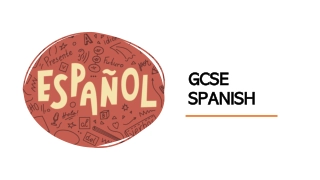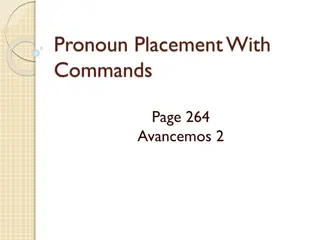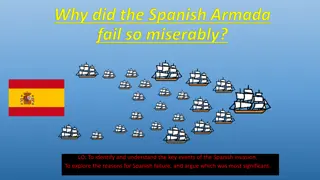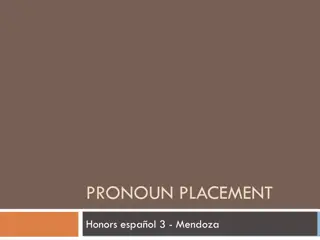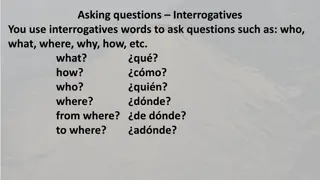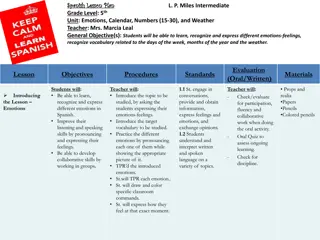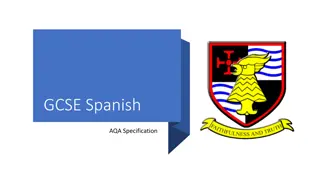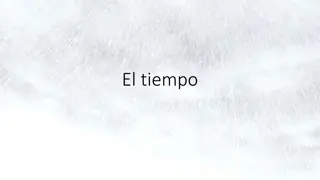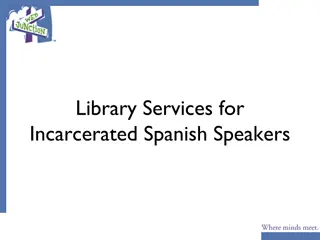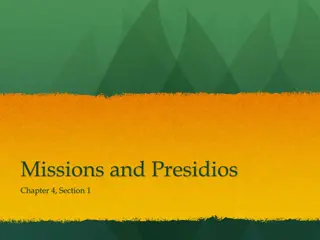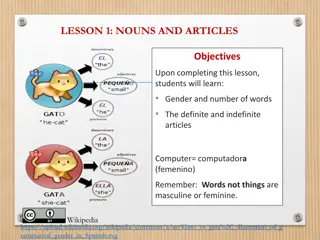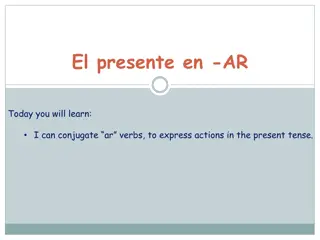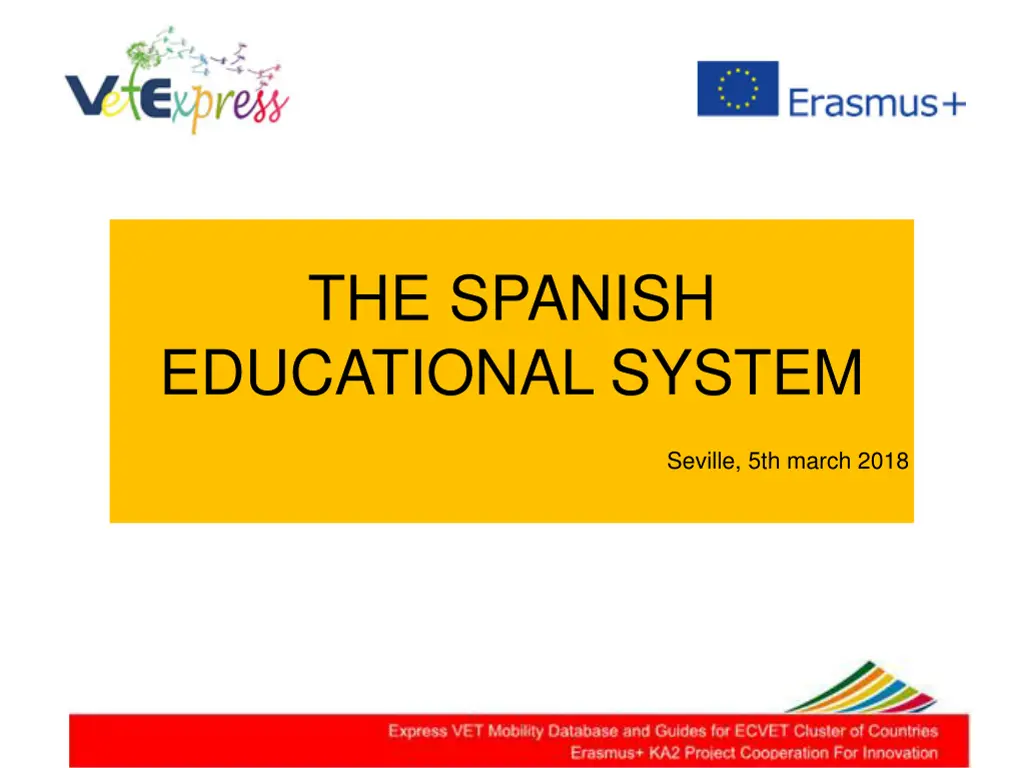
Spanish Educational System Evolution
Explore the evolution of the Spanish educational system through various legislative changes since 1970, including the impact of different laws on education policies. Learn about the current Organic Law 8/2013 and the government's efforts to reduce the dropout rate in Spain compared to the European average.
Download Presentation

Please find below an Image/Link to download the presentation.
The content on the website is provided AS IS for your information and personal use only. It may not be sold, licensed, or shared on other websites without obtaining consent from the author. If you encounter any issues during the download, it is possible that the publisher has removed the file from their server.
You are allowed to download the files provided on this website for personal or commercial use, subject to the condition that they are used lawfully. All files are the property of their respective owners.
The content on the website is provided AS IS for your information and personal use only. It may not be sold, licensed, or shared on other websites without obtaining consent from the author.
E N D
Presentation Transcript
THE SPANISH EDUCATIONAL SYSTEM Seville, 5th march 2018
EVOLUTION OF EDUCATIONAL LEGISLATION IN SPAIN 1970 LEY 2002 LOCE 1985 LODE GENERAL DE EDUCACI N 1812 1995 LOPEGSE CONSTITUCI N LA PEPA LOMCE 2013 2001 LOU 1876 ILE 2006 LOE 1990 LOGSE 1978 CONSTITUCI N ESPA OLA
THE SPANISH EDUCATIONAL SYSTEM The absence of a great educational pact between ALL political parties has meant that since the Socialist Party approved the LOGSE in 1990 there have been, in 25 years, 4 different Educational Laws that transformed the educational system according to the conception of education of each one of the political parties that have alternated in the government.
THE SPANISH EDUCATIONAL SYSTEM Currently, the Organic Law 8/2013 for the Improvement of Educational Quality (LOMCE) is in force, which modifies the LOE (Organic Law of Education) of 2006. Although the proposal has been approved by the government, its full application to the current education system (LOE) is still pending.
THE SPANISH EDUCATIONAL SYSTEM The government has based the modification on the main objective of reducing the dropout rate in education and training. + The dropout rate in Spain is 80% higher than the European average. + Spain, second country with the highest school dropout rate in the EU, behind only Malta. Eurostat 2017 data
THE SPANISH EDUCATIONAL SYSTEM
NATIONAL SYSTEM OF QUIALIFICATION AND VOCATIONAL TRAINING Set of instruments and actions necessary to promote and develop the integration of vocational training offers: Educational System and National Employment System With the objective of: Favor the professional and social development of the people. To cover the needs of the productive system.
SYSTEM OF ACCREDITATION OF PROFESSIONAL SKILLS ACQUIRED THROUGH PROFESSIONAL EXPERIENCE The ACREDITA program is a program through which competency units acquired through work experience and non-formal training channels can be accredited. These units of competence correspond to those that make up the Vocational Training studies. If you participate in this process you can accredit one or more units of competence. When all the accredited units of competence correspond to them included in a certificate of professionalism you can obtain this certificate. The regional administrations are the bodies in charge of making the calls and defining the professional profiles that can be accredited in each call.
SYSTEM OF ACCREDITATION OF PROFESSIONAL SKILLS ACQUIRED THROUGH PROFESSIONAL EXPERIENCE ACCESS REQUIREMENTS Have Spanish nationality, community resident certificate, family card of citizen of the European Union, or hold a residence and work authorization in Spain in force. Be 18 or 20 years old at the time of registration, depending on the competences that you want to prove. Meet one of the following requirements: Have a work experience related to the call of 2 or 3 years (1.200 or 2.000 hours worked). Have carried out training activities in the last 10 years, related to the call with a duration of 200 or 300 hours.


